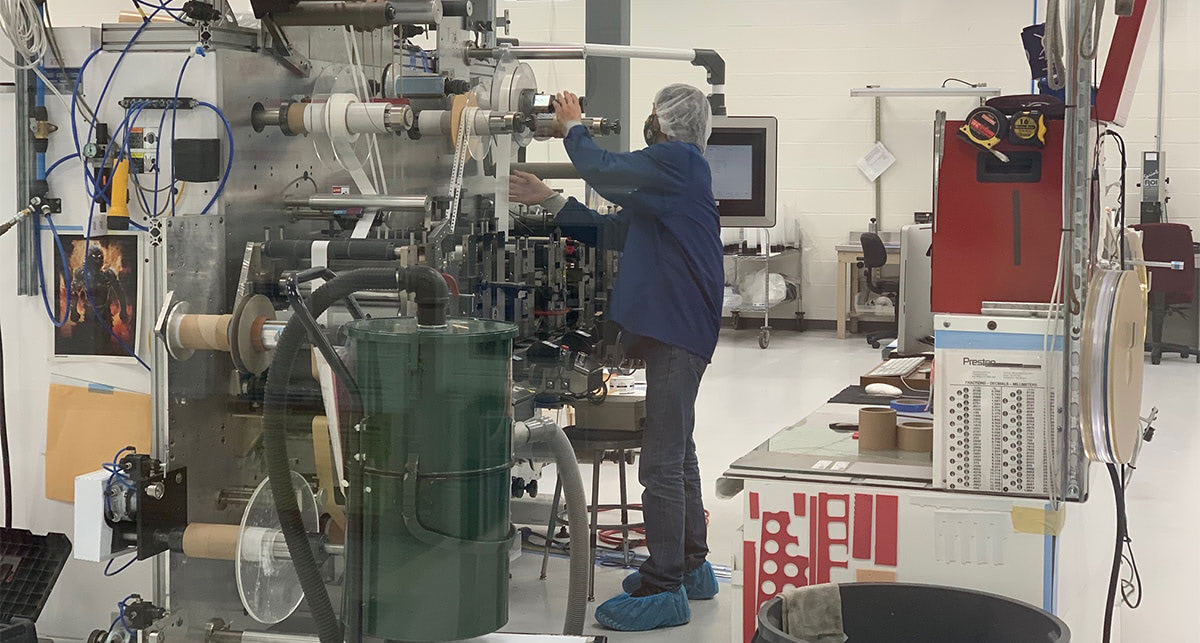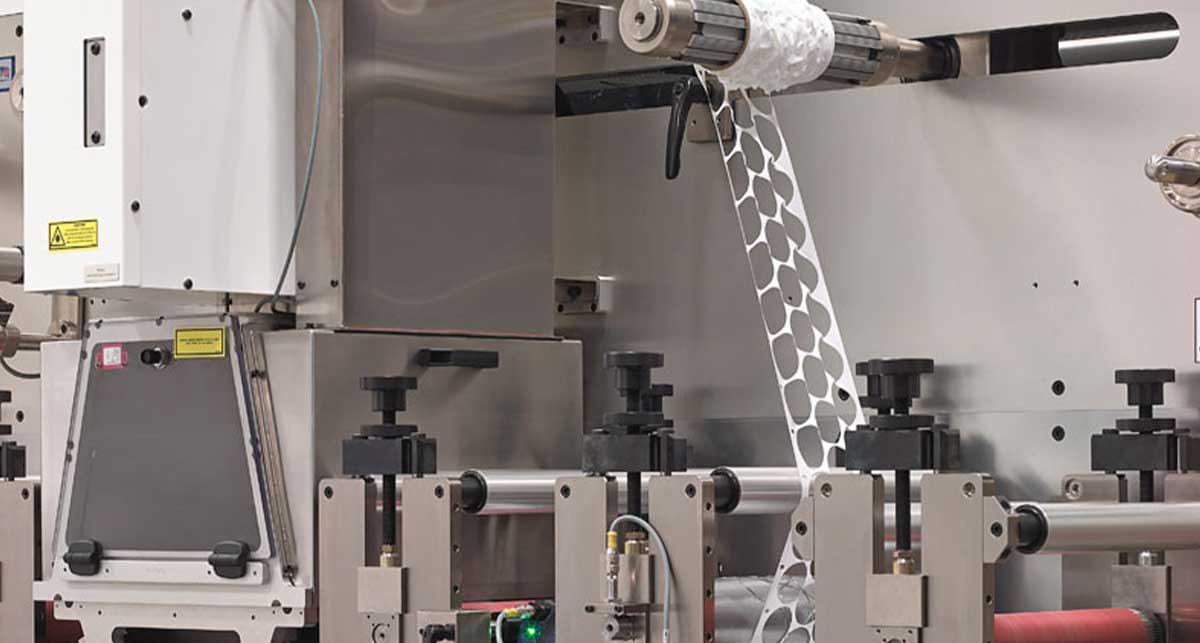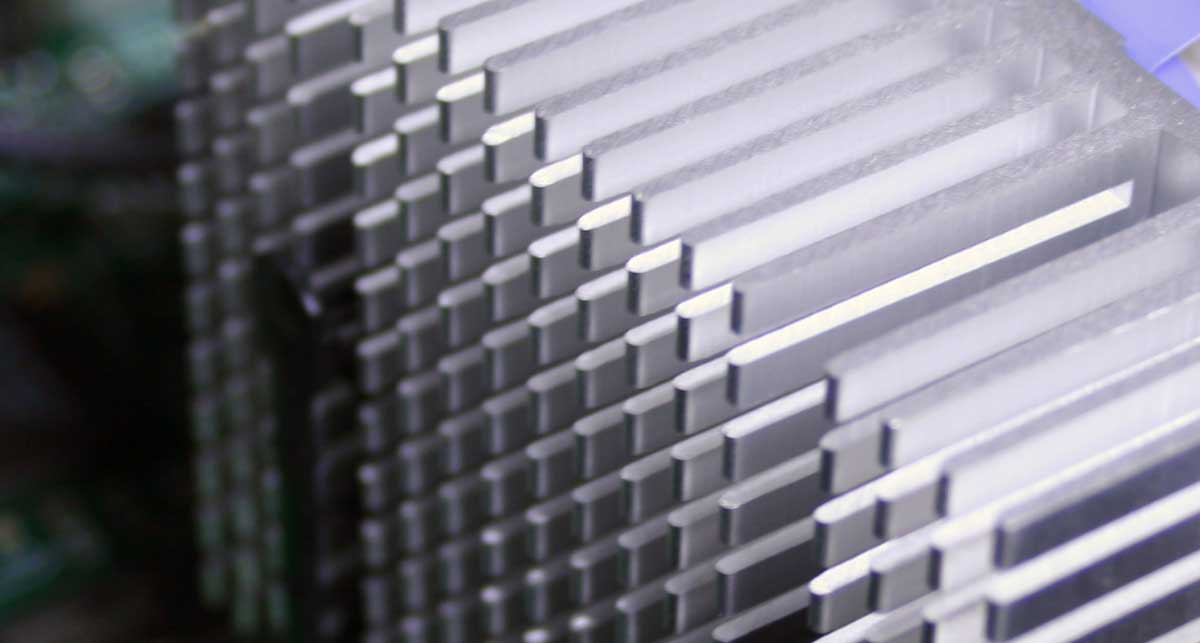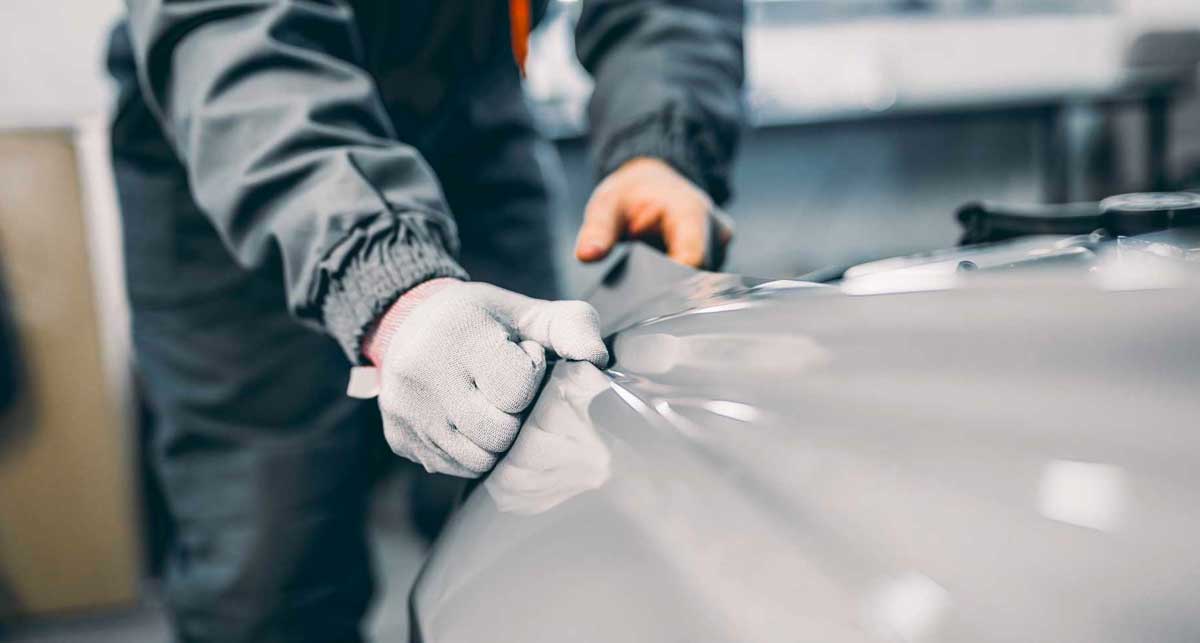A wave of relief crashes into you as you finally press the "Get Your Free Quote" button on the Request a Quote page.
Months or even years of product development have brought you to this moment, but as the reality sinks in, you wonder, What now?
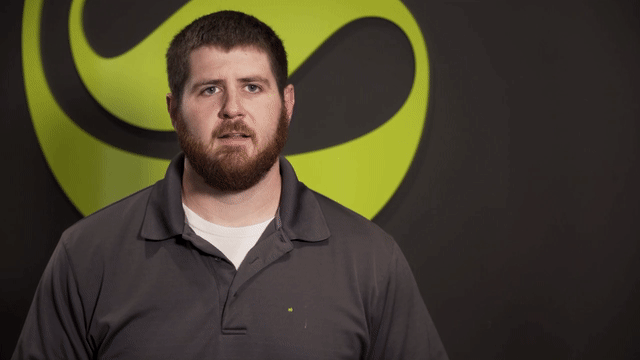
Admittedly, depending on the complexity of the project, your quote could take days or even weeks to complete. This article will explain how to prepare for the next steps and how you can speed up the timeline.
What Happens After I Request a Quote?
Requesting a quote is just the tip of the iceberg. Although you’ve started your journey toward production, your converter (we) still need to:
- Understand the problem you’re trying to solve
- Plan around your product’s details and application
- Define materials
- Create a manufacturing process
- Estimate the cost
A simple quote typically takes 2-3 days to complete, whereas a complex quote might take over 2 weeks. Here is what your timeline should look like after you request a quote.
STEP 1: DISCUSS YOUR PROBLEM & PROPOSED SOLUTION
Have you provided all of the necessary information to receive a timely quote?
Having finished your development phase, you’re eager to get your design on a machine press. However, additional information might be needed to help you receive a quicker and more accurate quote.
Before issuing a quote, your converter will ask specific questions about your part application, from its purpose (Is this a medical product?) to technical requirements (Does it need tabs? Should it have an extended liner? Do you want it sheeted or rolled? etc.). These follow-up questions are essential to clarifying the final aspects of your design.
Note: At any point, you are welcome to request a mutual NDA to protect the privacy of both parties.
STEP 2: DEFINE THE MATERIALS
Are your materials clearly defined? Are you open to making adjustments?
If you have NOT ALREADY defined your part materials, Strouse might have to send rolls or samples to see which are compatible with your part application.
Assuming you HAVE ALREADY chosen your part materials, we may suggest alternatives based on the price and the material lead time. Most materials have a Minimum Order Quantity (MOQ), which makes it harder for us to complete smaller orders. If your chosen material had a lead time of over 50 weeks, we would search for an appropriate substitute that you could get in a shorter period.
Also, if you plan to take matters into your own hands, consider the pros and cons of supplying your adhesive material.
Based on the solution we’ve designed to run your product, we can calculate the material quantity your project should need, including the material used to make the part and the machine setup waste.
Lastly, while some vendors offer upfront material information, others take longer to respond, so our suppliers’ response time can significantly affect the time it takes us to complete a quote.
STEP 3: BUILD A PROCESS
Every part we make is custom, with a unique design and machine process.
To create your product, our engineers must decide what that process will look like for your part based on the design measurements. We’ll look at your tolerances to define which production methods are possible and make the most economic sense for you.
Planning a process includes:
- Confirming your final materials and any support materials used on the machine press
- Drawing up a process diagram for our operators to follow
- Defining how long it will take to set up the press, run your desired quantity, then “tear down,” A.K.A. clean it up once the job is done
- Discussing packaging and supplying parts for your end purpose
All of these diagrams, processes, and plans are newly made for each quote we send.
STEP 4: CREATE YOUR QUOTE
All of the above data is combined in an estimate, which generates a cost for the total product.
Your quote includes the project lead time, quantity, unit price, total price, and more. For a better idea of how this works, look at how you can compare different custom quotes. Once you have received a quote you’re satisfied with, we’ll begin ordering the adhesive material and putting together a project timeline.
What’s My Quote Timeline?
If you’re looking to speed up the quoting process, the best thing you can do is provide as much information about your product as possible so we can plan a rapid, effective solution.
If you want to learn more about die cut project timelines, download our die cut buyer’s guide above. It should lay out the process and your options in a simple, comprehensive way.
You may still have some questions, knowing that your quote can take several days to weeks to complete. Whether you have questions about the process or need an update on a previously submitted quote, our team will be happy to provide any clarification you may need.
Originally published: January 27, 2023

